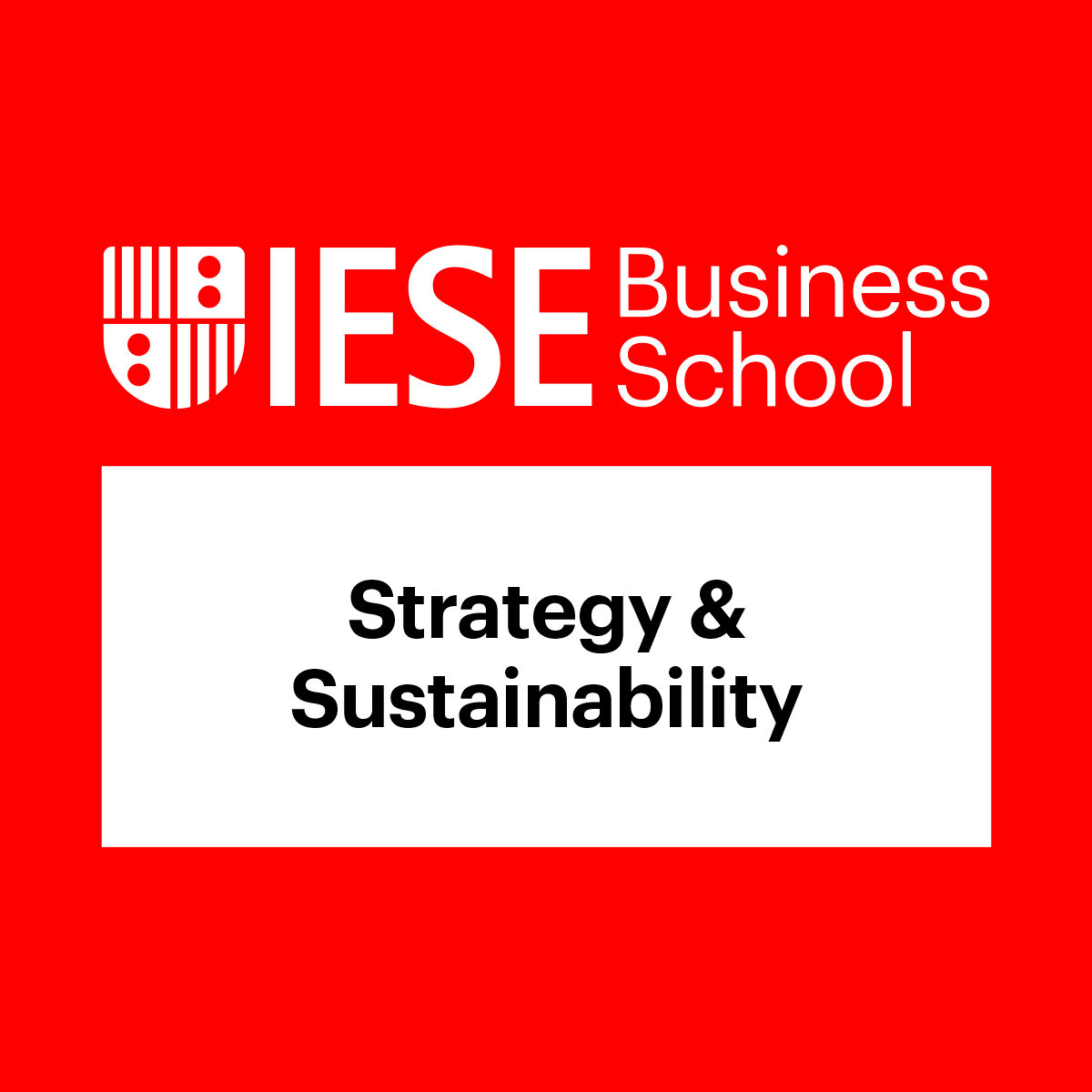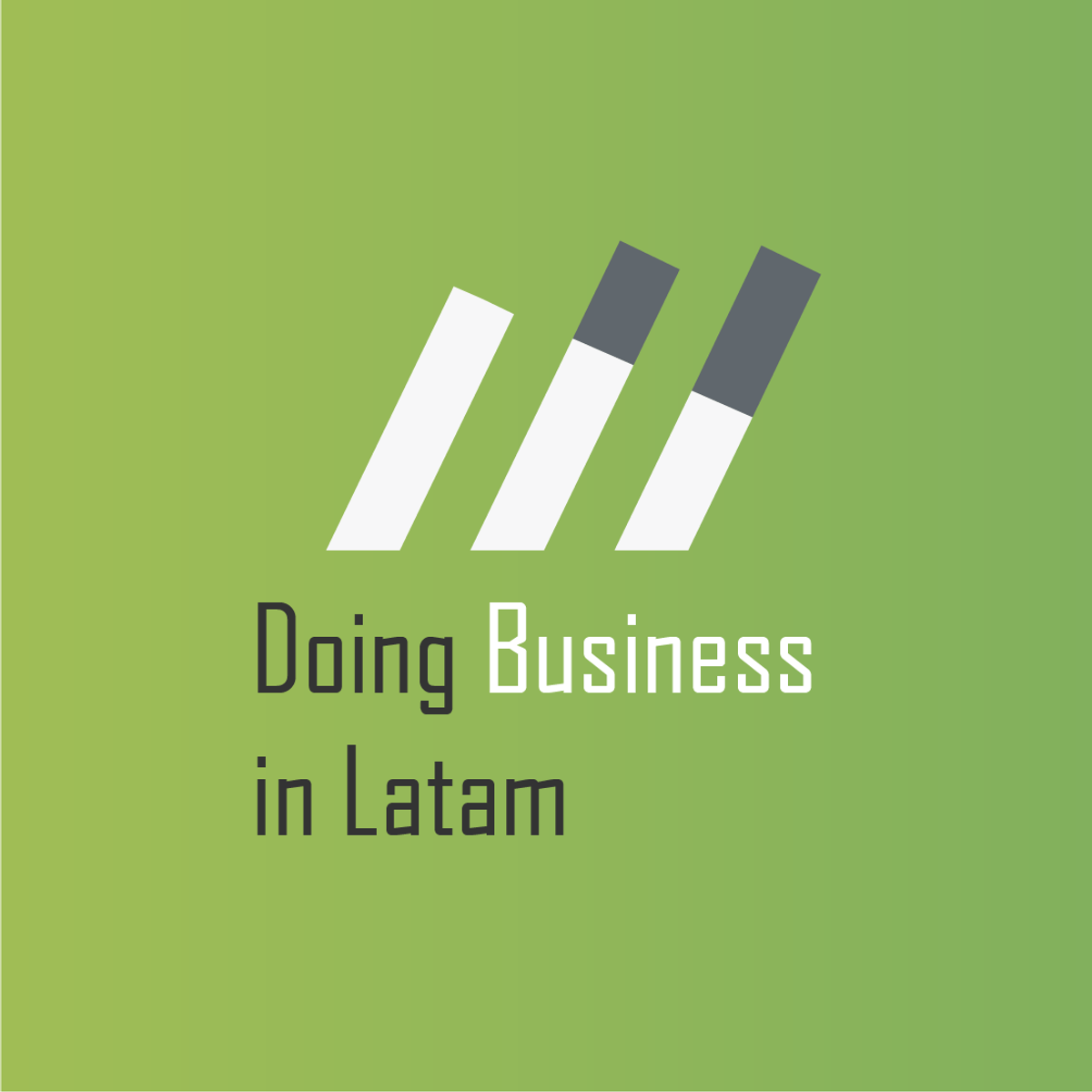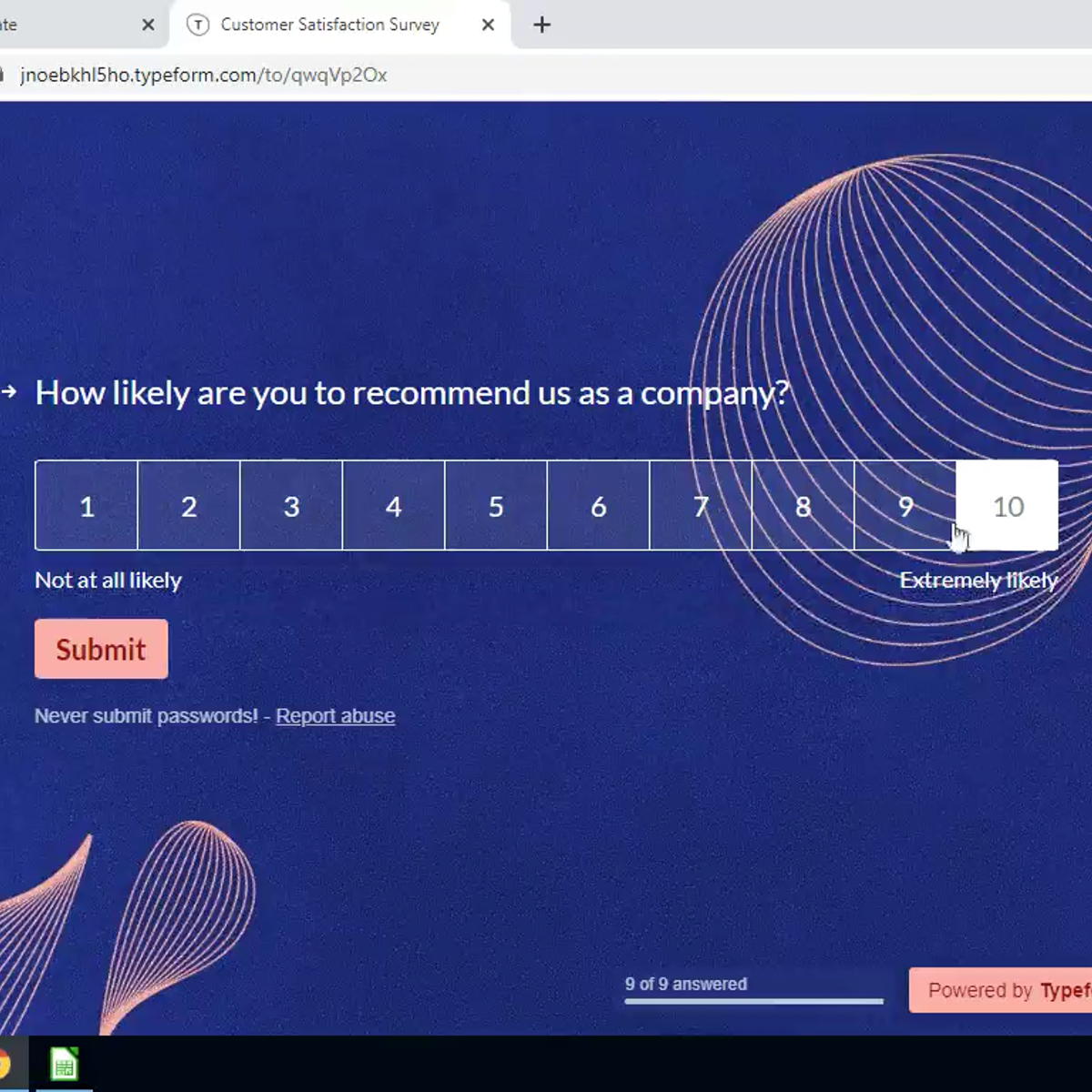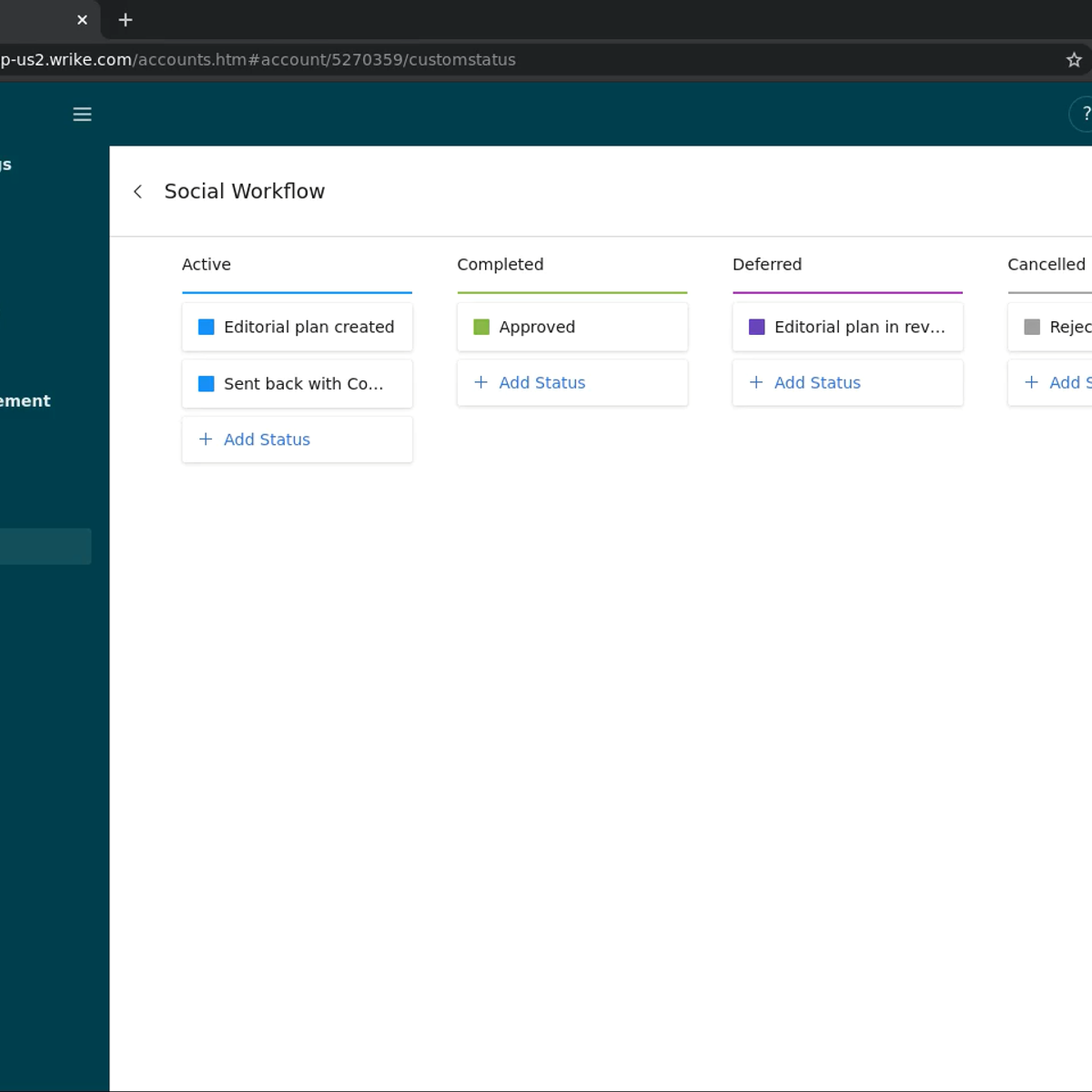Back to Courses









Business Strategy Courses - Page 10
Showing results 91-100 of 543

Strategy and Sustainability
Business and environmental sustainability are not natural bedfellows. Business is about making money. Sustainability is about protecting the planet. Business is measured in months and quarters. Sustainability often requires significant short term costs to secure a sometimes uncertain long-term benefit. To some activists, all executives are exploitative, selfish one percenters. To some executives, all activists are irresponsible, unyielding extremists.
And yet engaging with the issue isn’t optional – all businesses must have a strategy to deal with sustainability and, like any strategy, this involves making choices.
This Strategy and Sustainability course based on Rosenberg's recently published book by Palgrave (http://www.palgrave.com/la/book/9781137501738) that encourages learners to filter out the noise and make those choices in a hard-nosed and clear-eyed way. Prof. Rosenberg’s nuanced and fact-based point of view recognizes the complexity of the issues at hand and the strategic choices businesses must make. He blends the work of some of the leading academic thinkers in the field with practical examples from a variety of business sectors and geographies and offers a framework with which senior management might engage with the topic, not (just) to save the planet but to fulfill their short, medium and long-term responsibilities to shareholders and other stakeholders.
This course promises to be both engaging and thought-provoking, aimed at anyone who wishes to gain a deeper understanding of a subject that is no longer perceived as a choice but a necessity for future managers and business leaders alike.

Optimize Digital Experiences with Service Blueprints in Miro
By the end of this project, you will be able to create a service blueprint that emphasizes digital experiences the customer has with a brand in Miro. Your project will uncover business opportunities by methodically mapping service touchpoints to mitigate risk to improve the customer experience.
To optimize digital experiences with a service blueprint visualization, you will gain hands-on experience applying design thinking, user interface knowledge, and context from each step of the customer experience with the service in the Miro online visual collaboration platform for teamwork.
Note: This course works best for learners who are based in the North America region. We’re currently working on providing the same experience in other regions.

Establishing Product-Market Fit
Entrepreneur and investor Marc Andreessen coined the term product-market fit in 2007 when he said, “Product-market fit means being in a good market with a product that can satisfy that market.” While there are ample articles that mention the term, detailed guidance on how to actually achieve product-market fit is scarce.
Through our course we will explore an actionable model that defines product-market fit using five key components. From bottom to top, we will examine the layers of product-market fit beginning with your target customer and transitioning through your customer’s underserved needs, your value proposition, your feature set, and ultimately your user experience (UX).
Our process is an iterative, easy-to-follow guide through each layer to achieve product-market fit. This process helps you to articulate, test, and revise your key hypotheses about your product and the market so you can define and improve your product-market fit.
Using the principles of Lean Product Process, our course is structured in seven steps: determining your target customer, identifying underserved customer needs, defining your value proposition, specifying your minimum viable product (MVP) feature set, creating your MVP prototype, testing your MVP with customers, and iterating to improve product-market fit.

Set the Right Strategy with BCG Matrix
In this 1-hour long project-based course, you will be able to formulate your corporate strategy with the Boston Consulting Group (BCG) Matrix. BCG matrix is a strategic decision-making framework that helps in resource allocation among different strategic business units (SBUs) by categorizing them based on their ability to generate cash inflows against cash outflows. The matrix classifies business portfolio into four categories based on industry attractiveness (growth rate of that industry), and competitive position (relative market share). The growth vs share model provides an indication of which products an organization should invest in, those they should develop, and the ones they should get rid of. The framework is a simple but powerful tool for maximizing corporate competitiveness, and sustainability by allowing them to strike the right balance between exploitation and exploration.
To demonstrate the application of the BCG matrix, we will use a spreadsheet to analyze an energy services company that has five Strategic Business Units (SBUs). The example of the case study would empower you to use the model to analyze your company or any other company of your choice. The project is for business leaders who want formulate their corporate strategy with the goal of effective resource allocation. Also, for strategist who are interested in helping organization in making informed strategic decisions. At the end of the project, you will be able to use the BCG Matrix for long-term corporate strategic planning, and make effective investment decisions with your resources

Promote your Brand with Social Media Marketing using Befunky
In this 2-hour long project-based course, you will create a simple ad from a photo, stock images, a Facebook cover page, a series of cohesive Instagram stories as well as learn to move your creations across social media platforms.
Befunky is a free cloud platform that allows you to create captivating graphic design projects with similar functionality to that of pricey professional programs. Befunky is a great free solution to promote your brand through the many avenues of social media marketing. Additionally, Befunky allows users to edit photos, create customizable graphics, produce stunning collages, all while utilizing a wide variety of provided stock images and vector graphics.
Note: This course works best for learners who are based in the North America region. We’re currently working on providing the same experience in other regions.

Doing Business in Latin America
Join us in the course Doing Business in Latin America. In this course, you will learn about the characteristics of the biggest multilatinas, how they have built their domestic and international competitive advantage, and you will identify which are the challenges and innovations to achieve the sustainability of their superior economic performance.
The course includes videos presenting and explaining the topics, learning and evaluation activities, interviews, reviews, reports, and additional bibliography. Assessment activities are designed so that you get feedback, which is saved in the platform, so that you can pick up where you left off when you go online again.
Our educational focus enables meaningful and practical learning, in which students build knowledge through their own reflection, their own experience, and genuine cooperation with others.
All the learning activities on the course were designed with these principles as a basis. We will guide you through a series of videos and practical assignments that will allow you to reflect on and understand the economic, social, and environmental challenges and opportunities that have allowed multilatinas to build their leadership in and from the Latin American region.
This course is for those who want to expand their knowledge about Latin American companies’ businesses. In particular, it is designed for those who want to understand how international success stories are built in the region and how many challenges have turned into opportunities for the business sector. This course does not require any previous knowledge and therefore it is especially relevant for people in academic training, who want to complement their studies or to have a space for reflection and interaction with others who are interested and experienced in this field. Finally, this course can be useful for professors in the field of international business and strategy, who want to gain in-depth knowledge about multilatinas and companies in Latin America.
At the end of this course, you will understand thoroughly the most important concepts regarding internationalization topics. You will understand the opportunities offered by the Latin American context that has forced multilatinas to become resilient, to create new value propositions in their activities, and often to rethink the role they play in the territories where they operate. In the final assignment, you will record a video in which you will make a summary of the advantages of doing business in the Latin American region, based on what you have reflected on and learned. This way you will demonstrate your capacity of giving a precise, informed and revealing opinion about the topic.
The course is designed to last 4 weeks with a workload of 6-7 hours per week, but you can take as long as you need. All the information about your participation and progress will always be available and updated on Coursera. You can pick up in the activities you left off. For example, you can watch a video as many times as you want, pause it to take notes or put it off while you consult some of the additional bibliography that we provide you with. Finally, this course is part of the specialization Doing Business in Latin America, created by Universidad de los Andes, Instituto Tecnológico de Monterrey, and Pontificia Universidad Católica de Chile. We invite you to take the other two courses if you have not yet taken them.
This course is for people who want to expand their knowledge about Latin American companies’ businesses. In particular, it is designed for those who want to understand how international success stories are built in the region and how many challenges have turned into opportunities for the business sector. This course does not require any previous knowledge and therefore it is especially relevant for people in academic training, who want to complement their studies or to have a space for reflection and interaction with others who are interested and experienced in this field. Finally, this course can be useful for professors in the field of international business and strategy, who want to gain in-depth knowledge about multilatinas and companies in Latin America.

Create a Customer Satisfaction Survey with Typeform
In this 1-hour long project-based course, you will learn how to design and structure a customer satisfaction survey, create it on Typeform and collect answers immediately.
Note: This course works best for learners who are based in the North America region. We’re currently working on providing the same experience in other regions.
Strategic Organization Design
Strategic Organization Design will introduce new topics and modules with even more real world examples and opportunities for student interaction than its predecessors Competitive Strategy (https://www.coursera.org/learn/competitive-strategy) and Advanced Competitive Strategy (https://www.coursera.org/learn/advanced-competitive-strategy).
The final course in the Competitive Strategy and Organization Design specialization covers the internal workings of an organization and its interactions with the outside world. Where the first two courses mainly covered the way firms interact with the outside world, in particular competitors and complementors, the third course looks at the way a firm’s organization should be designed to compete effectively.

Operations Analytics
This course is designed to impact the way you think about transforming data into better decisions. Recent extraordinary improvements in data-collecting technologies have changed the way firms make informed and effective business decisions. The course on operations analytics, taught by three of Wharton’s leading experts, focuses on how the data can be used to profitably match supply with demand in various business settings. In this course, you will learn how to model future demand uncertainties, how to predict the outcomes of competing policy choices and how to choose the best course of action in the face of risk. The course will introduce frameworks and ideas that provide insights into a spectrum of real-world business challenges, will teach you methods and software available for tackling these challenges quantitatively as well as the issues involved in gathering the relevant data.
This course is appropriate for beginners and business professionals with no prior analytics experience.

Create a custom workflow in Wrike
In this 2 hours project you will create custom workflows in Wrike to manage your projects, change status to tasks using custom workflows and creating dashboards to display task by workflow and status.
Popular Internships and Jobs by Categories
Find Jobs & Internships
Browse
© 2024 BoostGrad | All rights reserved